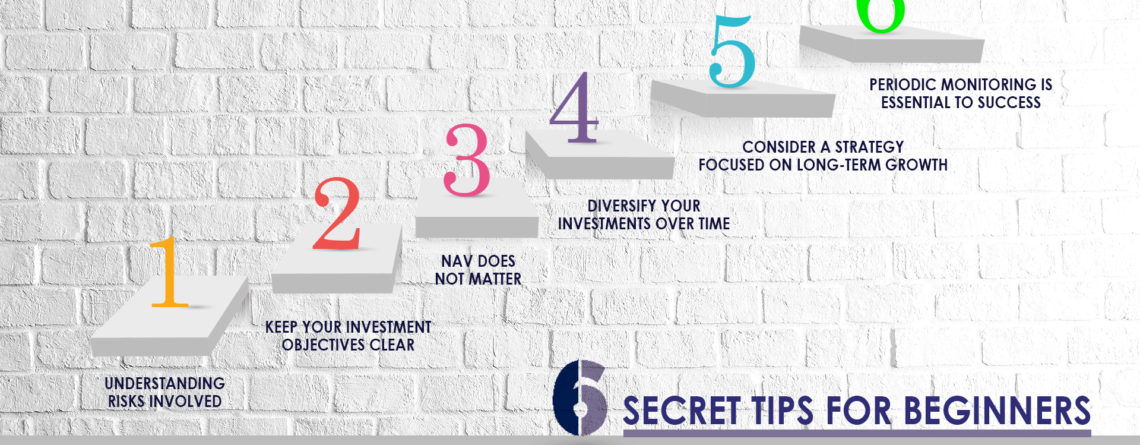To help people make aware about mutual funds Rajeev Sakhuja – CEO & MD of Paar Tax & Investment Consultants shares basic information and tips for better returns from mutual funds investment.
These days Mutual Funds are the preferred choice of people looking for investment and long-time economic growth. On the other hand, it could be intimidating for people due to the risks involved.
People who lack full knowledge think all mutual funds are same. There are categories under which Mutual Funds are subdivided which include debt, hybrid funds, and equity. And all these are further classified into subtypes. Factors like an asset, thematic exposure, investment horizon etc make the different types of mutual funds different. You might feel happy with the variety of choices that mutual funds offer.
Some tips for novice investors are listed below:
Be clear about your investment objectives
Two of the major concerns are the amount and the duration of the investment. Mutual funds are the flexible, amount as low as Rs 1000 could be invested for as long as the investor wants. This clarity helps you to choose the type of mutual fund. For e.g.; You can choose ELSS investment if u want a long-time investment along with saving income tax.
Awareness of the involved Risks
One of the major requirements is to be aware of all the risks that are involved based on your investment. With every investment, some risks are involved and you need to analyze the kind of risk involved with yours. Terms and conditions with respect to fund’s securities, investment methodology can cause such risks. Thumb Rule- shorter the duration more is the probability of risk along with potentially high reward.
Debt funds provide low risk and returns as compared to mid and small cap funds and hence are the preferred choice of low-risk tolerance investors.
Hence understanding the risks related to each mutual fund is important. It makes selecting the type of mutual fund as per your risk tolerance and reward expectancy easy.
With time diversify your investments
Based on the type of investments mutual funds make you can diversify your investment considering the variety of Mutual Funds offer. Like you could invest in a mid or small-cap fund with higher return rate if u think that you need the money to grow at a faster pace. On the contrary, if u want a more consistent form of interest you can go for an ultra-short-term or liquid debt funds with low return rate. Considering all this information you can always experiment and diversify the type of investments. You can select a combination of equity along with debt fund investment and hence balance risk-return relationship.
The NAV does not matter
The Mutual Fund NAV plays no role in deciding the performance of the mutual fund. Hence purchasing a fund with a higher or lower value of NAV will not matter. To give you an example let’s say you buy 500 units with a NAV of Rs. 20 versus 200 units with a NAV of Rs. 50. In both the scenarios you are investing a total amount of Rs. 10000 and if returns are generated Which are 5% and your investment will be increased by Rs. 500 in both situations.
Regular Monitoring is important for growth and success
One of the most ignored yet important aspect of investors is regularly monitoring their investments for analyzing their performance with time. If an investor does periodic monitoring, it helps him understand better as to which type of investment is or is not working as per his expectations. Once he gathers such information, he can make an informed decision.
Strategize focusing on long-term returns
- You should consider strategizing for getting higher rewards with time as we all know mutual funds are not easy and quick money schemes. If you have a duration of 5 years or more, you could go for Equity oriented mutual funds because for short term. Although, they may not produce much return but with time the vertical growth increases. Another scenario could be a mix of maintenance of short-term investment along with equity investments to diversify and maintain a balance of risk-return relationship for your portfolio.










